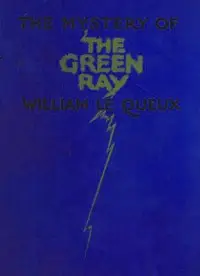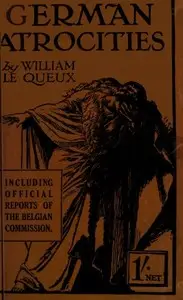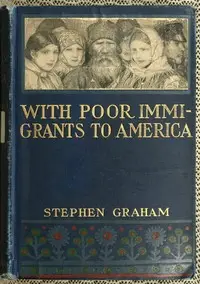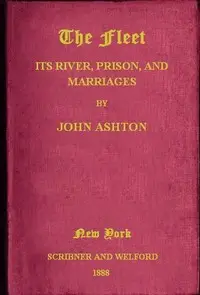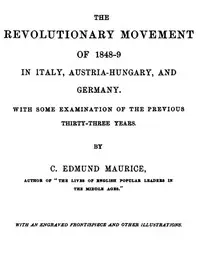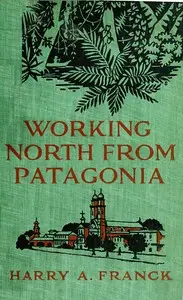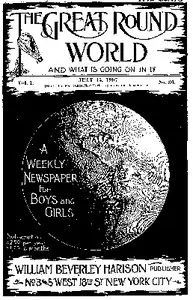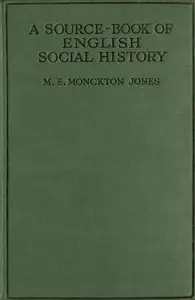"Rasputin the Rascal Monk" by William Le Queux is a historical account written in the early 20th century. The text investigates the life and influence of Gregory Rasputin, detailing his rise from a dissolute Siberian peasant to a key advisor to Tsar Nicholas II and the Empress. The book highlights Rasputin's manipulative power over the Russian imperial court and his controversial religious practices that ultimately contributed to the downfall of the Romanov dynasty. At the start of the work, the author shares personal observations and encounters with Rasputin, revealing him as a charlatan who became a central figure in the court's intrigue. Through the lens of political manipulation during World War I, the narrative introduces Rasputin's unsavory character, his seduction of noblewomen, and ultimately his exploitation of the Tsar's family as he spouts pseudo-religious rhetoric. Le Queux outlines the scandalous events at the imperial court, offering a glimpse into the bizarre and tragic circumstances that surrounded Rasputin's life, setting the stage for a detailed exploration of his corrupting influence on Russian society and governance. (This is an automatically generated summary.)

Rasputin the Rascal Monk Disclosing the Secret Scandal of the Betrayal of Russia by the Mock-Monk Grichka and the Consequent Ruin of the Romanoffs. With official documents revealed and recorded for the first time.
By William Le Queux
"Rasputin the Rascal Monk" by William Le Queux is a historical account written in the early 20th century. The text investigates the life and influence...
William Tufnell Le Queux was an Anglo-French journalist and writer. He was also a diplomat, a traveller, a flying buff who officiated at the first British air meeting at Doncaster in 1909, and a wireless pioneer who broadcast music from his own station long before radio was generally available; his claims regarding his own abilities and exploits, however, were usually exaggerated. His best-known works are the anti-French and anti-Russian invasion fantasy The Great War in England in 1897 (1894) and the anti-German invasion fantasy The Invasion of 1910 (1906), the latter becoming a bestseller.

